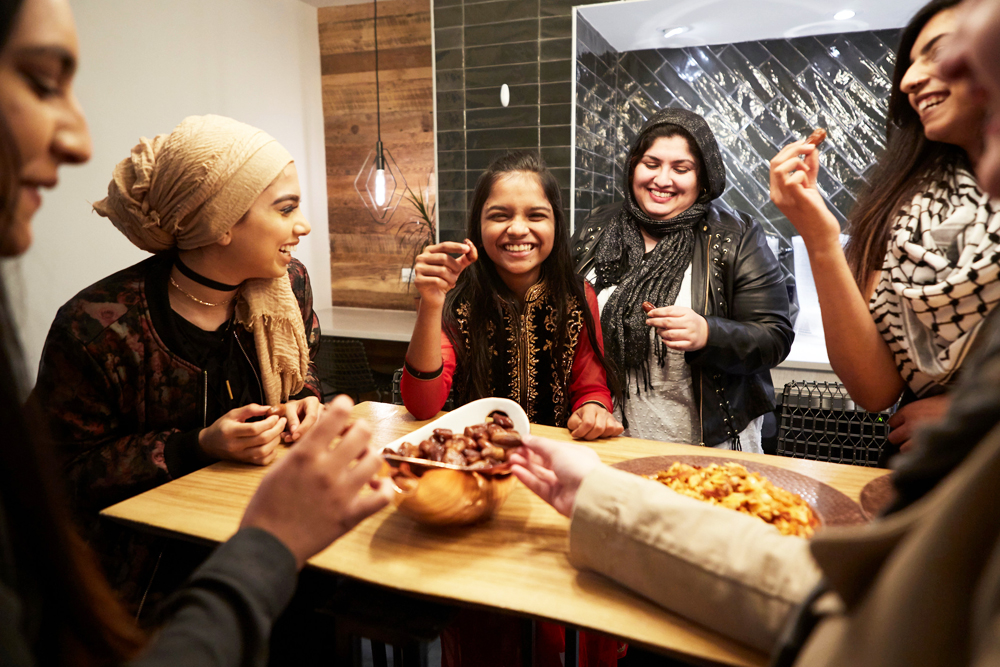
If you’re fasting this Ramadan, you’ll know that though it is a festive time of worship, mindfulness and spending quality time with family, it can also be a month of overindulgence. In this holy period of fasting, it is imperative to understand what the body needs between iftar and suhoor. These are the simple tips to follow to avoid gaining weight, and staying healthy and fit during the holy month.
Hydrate! Hydrate! Hydrate!
Fasting over the course of Ramadan also means no water until its time to break fast, and with climates hotting up at this time of year, it's crucial to stay hydrated to avoid dehydration and other related issues. Adults should ideally consume around 2-3 liters of water per day, so ensure that you are drinking enough before you begin fasting each day as well as after you break it. Avoid coffee, tea and fizzy drinks!
Choose Well At Iftar
Iftar is often when families get together for a huge feast, and its so easy to get caught up in the excitement of having your first meal following a long day of fasting. However, Iftar is actually when you should be focusing on hydrating and nourishing your body with water and fiber and protein rich foods. Avoid oily or carb heavy foods as they can be heavy and harder to digest. Choose foods that have been grilled, baked or steamed instead of fried.
How To Do Suhoor
Suhoor is a highly important meal whilst you’re fasting, as it is the last meal before you begin your day of not consuming any food or drink, in which case you’ll want to eat foods that will keep you fuller for longer. Ensure that your Suhoor meal contains plenty of fiber, such as whole grains, fruits and vegetables, and protein, such as yoghurt, nuts and eggs. The idea is to eat high energy meals to keep you going rather than making you feel sluggish.
Working Out
If you work out daily, its best to strategize when you work out whilst fasting. Find a time where your energy levels are high and you are able to hydrate yourself after. This time would ideally be shortly after your Iftar meal. Be mindful to be gentler on yourself and try not to physically exert yourself too much. Opt for gentle stretching or simple yoga practices instead of anything too high intensity.
















